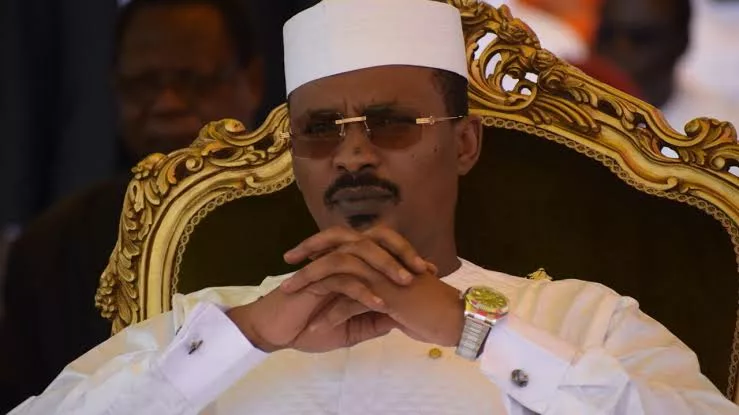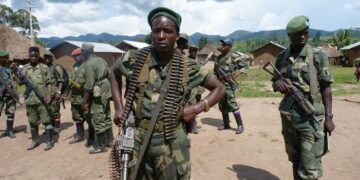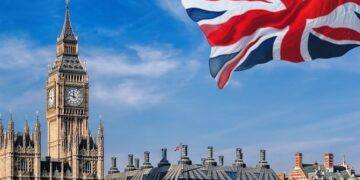Chad was in the midst of counting votes on Sunday following the closing of polls for a referendum on a new constitution. The new constitution has been proposed by the country’s military rulers but faced opposition from several political figures.
The likelihood of the new constitution being approved seemed high, which could potentially lead to upcoming elections and the reinstatement of civilian governance. However, many within Chad, including a significant portion of opposition groups and civil society, chose to boycott Sunday’s vote.
Opposition voices argue that the referendum aims to pave the way for the current transitional president, General Mahamat Idriss Deby Itno, to continue the legacy of a political “dynasty” initiated by his late father 33 years ago following a coup.
The “yes” camp, which seems assured of victory, orchestrated a well-funded campaign against a fragmented opposition that faced arrests, intimidation, and threats for over a year.
The capital, N’Djamena, was under heavy security presence, with posters supporting the “yes” vote plastered across walls. The proposed constitution aims for a “unitary and decentralized state,” which resembles the one repealed by the military in 2021 and concentrates most power within the head of state.
General Deby cast his vote near the presidential palace, expressing that every ballot symbolizes progress and stability for the nation.
Voter turnout appeared limited in the capital by midday, with some citizens expressing skepticism about the impact of their votes due to the expected outcome.
In certain parts of the city known for opposition support, there was a noticeable interest in the vote. However, concerns over a “Deby dynasty” persist among opposition groups, viewing the referendum as an attempt to legitimize a prolonged ruling family.
The 37-year-old transitional president, Deby, assumed office following his father’s death and initially pledged elections after an 18-month transition period. However, the transition was extended by two years, permitting Deby to run in the upcoming presidential election scheduled for late 2024.
Opposition voices have been repressed, with reports of deadly crackdowns on protests in the past. Despite this, some opposition figures have recently aligned with the regime, urging supporters to vote “yes” in Sunday’s referendum, causing mixed reactions within the opposition circles.





